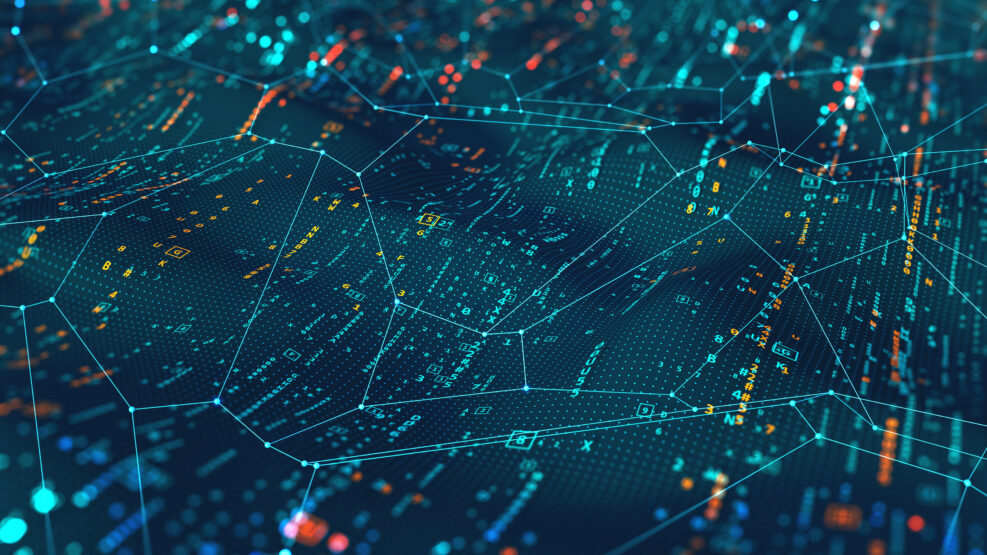
Bob Metcalfe on Our Connected World
Discovery Institute Senior Fellow Jay Richards interviews Bob Metcalfe, inventor of EthernetThe Walter Bradley Center for Natural and Artificial Intelligence is pleased to be able to share the videos from the 2023 COSM conference, now available on YouTube. This annual conference explores the status and the future of our era-defining technologies, from artificial intelligence to electric vehicles to new developments in biotech. Today’s video features a conversation with Bob Metcalfe, a pioneer in the field of computer science and the inventor of Ethernet. Discovery Institute Senior Fellow Jay Richards interviews Bob Metcalfe, inventor of Ethernet and recipient of the prestigious Turing Award, about the predicted pathologies of the internet and the reversals associated with the rise of connectivity.


















